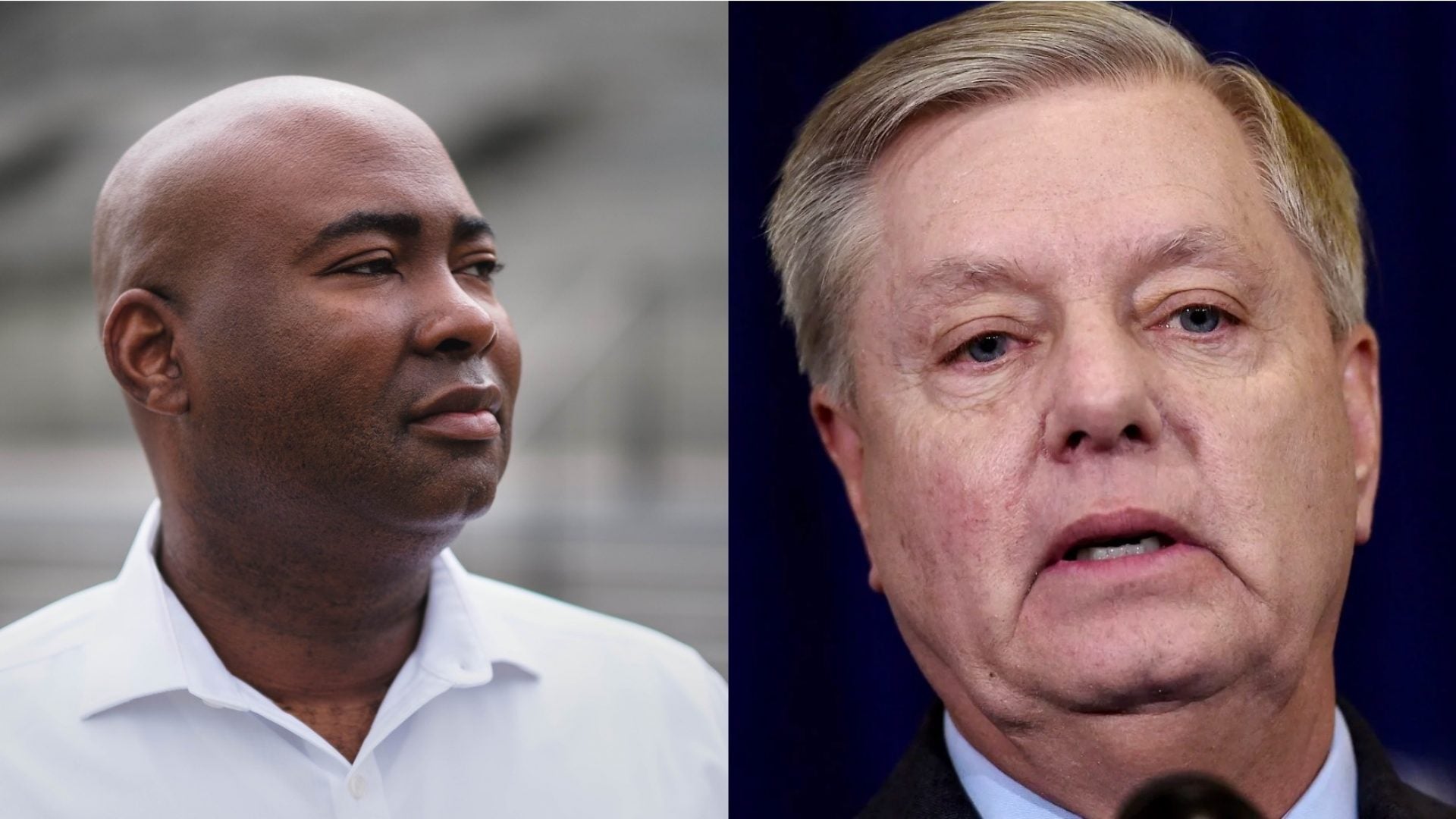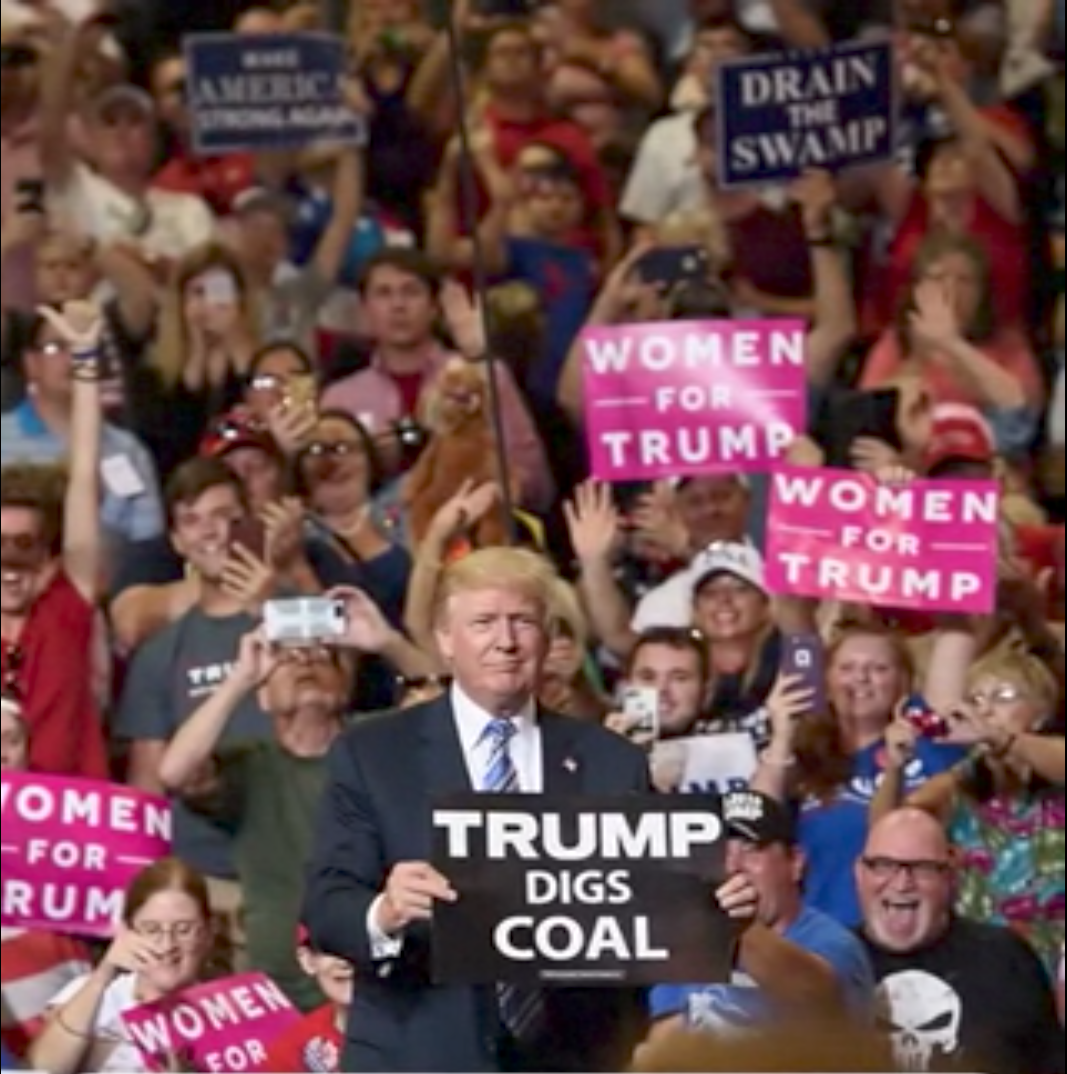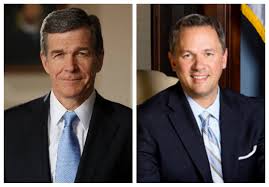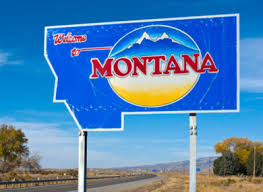Region: National
Battle for the Senate: South Carolina
No one thought the South Carolina Senate seat would be in play six months ago.
As chair of the Senate Judiciary Committee, Lindsey Graham is in the spotlight this week due to the Barrett nomination. I didn’t originally have his seat on my list of Senate races to watch. However, although the race still leans in his favor, the seat is now considered to be in play. It’s worth comparing …
Continue reading “Battle for the Senate: South Carolina”
CONTINUE READINGRemoving Climate Liability Plaintiffs from State Court Could Create Logjam in Federal Courts
The U.S. Supreme Court is set to decide a nuanced issue of procedural law that could create a loophole which would dramatically expand the reach of federal appellate jurisdiction and prevent climate plaintiffs from suing oil companies in state court.
As recent extreme heat waves, hurricanes, and wildfires across the country have elevated public concern about the widespread and harmful effects of climate change, the U.S. Supreme Court granted certiorari this month in a climate liability case called BP P.L.C. v. Mayor and City Council of Baltimore. In short, the City of Baltimore sued a …
CONTINUE READING40 Legal Scholars Urge EPA to Withdraw Proposed Ozone NAAQS
EPA’s newest ozone rulemaking has failed to meet even the deferential standard of arbitrary and capricious review.
This blog is co-authored with Sean Hecht. On October 1, 2020, on behalf of 40 environmental and administrative law scholars affiliated with 33 universities in 18 states, Sean Hecht and I filed a comment letter urging EPA to withdraw its decision to keep the National Ambient Air Quality Standards (NAAQS) for ozone at the current …
Continue reading “40 Legal Scholars Urge EPA to Withdraw Proposed Ozone NAAQS”
CONTINUE READINGFor U.S. Climate Policy, It’s Oct. 2016 All Over Again
We knew Trump would wreck U.S. climate policy. He told us so.
Four years ago this week, I wrote about environmental stakes in the presidential election. The environmental stakes are equally high this time. If anything, Trump’s rollbacks of environmental regulations have been more thorough and severe than anticipated. He has also worked hard to open up federal lands and waters to more drilling and mining. One …
Continue reading “For U.S. Climate Policy, It’s Oct. 2016 All Over Again”
CONTINUE READINGElection 2020: The NC Governor’s race
A tight race pits a moderate Democrat against an anti-regulatory Republican.
Because of North Carolina’s unusual electoral scheme, it has a Democratic Governor (Roy Cooper) and a Republican Lieutenant Governor (Dan Forest). The two are now battling for the governorship. One of the big dividing lines is offshore drilling. Cooper is against oil drilling off the North Carolina coast, while Forest is in favor. Roy Cooper. …
Continue reading “Election 2020: The NC Governor’s race”
CONTINUE READINGGuest Contributor Samantha Zurcher: The Current State of Wildfire Liability in California
Wildfires Are Ravaging California. Can Electric Utilities Take the Heat?
In recent years, California has experienced its largest and deadliest wildfires in history, resulting in hundreds of fatalities and more than $50 billion in damage. The confluence of rising temperatures, less rainfall, and strong winds signal that the annual “wildfire season” is here to stay, and will continue to proliferate. Every year, thousands of Californians …
CONTINUE READINGBarrett on Standing & Judicial Deference
Her mentor was Scalia, but her style is more like Souter.
With the help of my research assistant, I’ve collected cases by Judge Barrett dealing with standing issues and deference to administrative agencies. Both topics are very relevant to the environment.al crisis. You really can’t draw firm conclusions about her views on these doctrines, but you can draw conclusions about her style. She sticks close to …
Continue reading “Barrett on Standing & Judicial Deference”
CONTINUE READINGHow Climate Disruption May Undermine Climate Policy
The long-term harms from climate change over the next decades may undermine support for efforts to reduce emissions
Almost two straight months of wildfires and smoke in California are a tangible sign of the impacts of climate change on our lives and our world. This article from the New York Times a couple of weeks ago does a good job of laying out why the wildfires in California are only one example of …
Continue reading “How Climate Disruption May Undermine Climate Policy”
CONTINUE READINGElection 2020: The Montana Governor’s Race
The two candidates are neck-in-neck. But their environmental views aren’t close.
Last week, I posted about the Montana Senate race. Montana also has a tight race for governor. The candidates are the current Democratic Lieutenant Governor Mike Coney and House Republican Greg Gianforte. Coney is a long-time figure in state politics. Gianforte founded a “customer relationship software company.” He got national attention in 2017 when he …
Continue reading “Election 2020: The Montana Governor’s Race”
CONTINUE READINGWhat They Said About Climate Last Night
It was late in the debate and hard to follow. But the exchange about climate change was important.
There was actually a substantive discussion of climate change at the debate last night. Many people had literally tuned out by then. Others were too distracted by Trump’s interruptions. Here are the key things that were actually said, culled from a transcript of the debate. Wallace: . . . Mr. President, you said, I don’t …
Continue reading “What They Said About Climate Last Night”
CONTINUE READING











